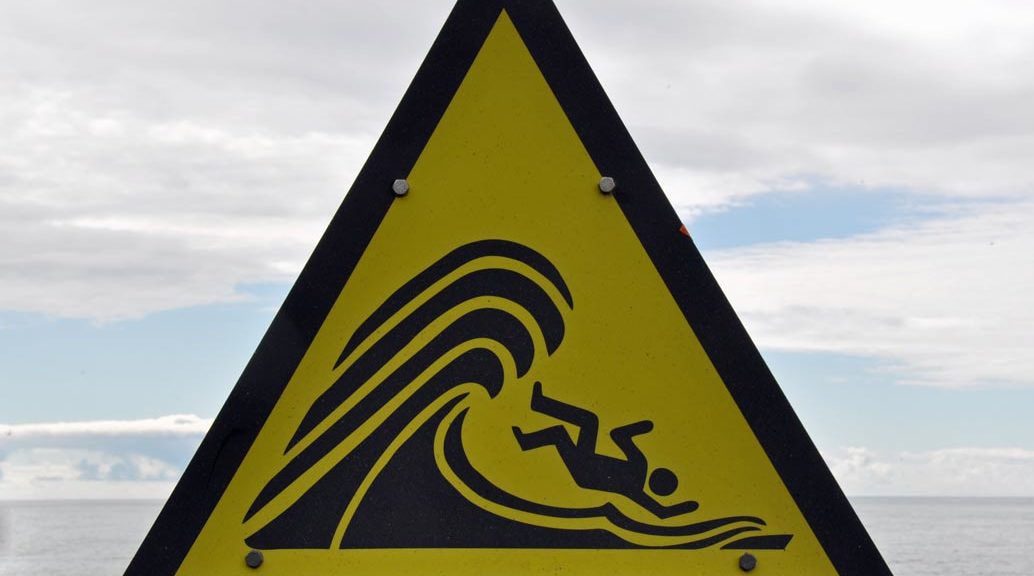There is no such thing as a trade deal + . “Pluses” merely signify that all deficiencies in the named deal will miraculously disappear when we Brits come to negotiate our own version of it.
As the scale of the humiliation they think the Prime Minister’s proposed deal delivers started, to dawn on politicians who had thought Brexit was a cakewalk – we have seen a proliferation of mostly half-baked cake alternatives. They all carry at least one plus. Canada has acquired many.
Besides “Canada +++” or SuperCanada, as it was termed by the former Foreign Secretary, we have Norway +, which used to be “NorwaythenCanada” then became “Norwayfornow” and then became “Norway + forever”. And now even “No deal +”, which also makes appearances as managed no deal” and “no deal mini deals”.
What is most depressing about the nomenclature is the sheer dishonesty.
The pluses are inserted to enable one to say that one is well aware of why existing FTA x or y or Economic Area deal a or b does not really work as a Brexit destination, but that with the additions you are proposing, the template is complete.
We even have the wonderfully preposterous sight of ex Brexit Secretaries alleging that the very Canada + deal they want has already been offered by Presidents Tusk and Juncker and that all that needs doing is to write this as the destination into the Political Declaration.
But let me tell you, as someone dealing with both at the outset of this process: what the EU Institutions mean by Canada + is not remotely what ex Brexit and Foreign Secretaries and the Institute of Economic Affairs scribes mean by it. The title page is the same; the contents pages are different.
Not for nothing did an unkind Brussels source label Boris Johnson’s plan A+ ( another + of course), Chequers 3.0.
It is nonsense. And aside from containing a wish list an understandable wish list – of things that are not actually present in Canada’s EU deal, it does not solve the backstop.
“No deal+” is brought to us courtesy of all the people who told a great free trade deal would be struck before we even left because the mercantile interests of key manufacturing players in Member States would prevail against the pettifogging legalistic ivory tower instincts of the Brussels ayatollahs.
Yet, as some of us forecast well over 2 years ago, it did not turn out like that. And that the Brussels theologians exhibited rather more flexibility than the key Member States when it came to the crunch.
And not a peep was heard from the titans of corporate Europe. Except to back very robustly the position in capitals that the continued integrity of the Single Market project was vastly more important to them than the terms of a framework agreement with the U.K. A position which won’t change during the trade negotiations ahead either.
The “no deal + “ fantasy is that if we just had the guts to walk away, refuse to sign the Withdrawal Agreement with the backstop in it, and withhold a good half of the money the Prime Minister promised this time last year, capitals, suddenly realising we were serious, would come running for a series of mini deals which assured full trading continuity in all key sectors on basically unchanged Single Market and Customs Union terms.
I don’t know what tablets these people are taking, but they must be very very good.
The reality is that if the deal on the table falls apart because we have said “no”, there will not be some smooth rapid suite of mini side deals – from aviation to fisheries, from road haulage to data, from derivatives to customs and veterinary checks, from medicines to financial services, as the EU affably sits down with this Prime Minister or another one.
The 27 will legislate and institute unilaterally temporary arrangements which assure continuity where they need it, and cause us asymmetric difficulties where they can. And a UK Government, which knows the efficacy of most of its contingency planning depends, to a greater or lesser degree on others’ actions out of its control, will then have to react – no doubt with a mixture of inevitable compliance and bellicose retaliation.
We already see the next generation of fantasies out there, and it’s now just a matter of time before a Tory leadership contender offers them publicly as the Houdini act.
A suite of very rapid legal mini deals, accompanied by the existing Withdrawal Agreement deal on citizen’ rights, the complete dropping of the backstop, and only paying the remainder of the £39billion cheque when the mini deals have turned into the miraculous Canada (with lots of pluses) deal.
All of which must happen in months. But of course…
To which the EU answer will be a calm but clear “Dream on. You still want a transition? All existing terms and conditions apply. And when it comes to any FTA – deep or shallower – “nothing is agreed till everything is agreed” – and that still includes the fish”.
They may put it slightly more politely. But not much, in the circumstances.
And to anyone who tells me – and we’ll hear plenty of it in the coming weeks, I assure you – “but the EU stands to lose access to London’s capital markets and their companies will suffer unless they do our quick and dirty “no deal” deal”, I think I would just say “even the last 30 months have evidently still not taught you how the EU functions: try again in another 30…”,
If we lurch, despite Parliament wishing to avoid it, towards a “no deal”, with delusions it can be “managed” into a quick and dirty FTA, that will not end happily or quickly.
I am in no position to second guess those who have to try and model the macro effects of such a scenario. No developed country has left a trade bloc before, let alone in disorderly fashion, and let alone one which has become a lot more than a trade bloc.
But I do fully understand the legal realities. And because so-called “WTO rules” deliver precisely no continuity in multiple key sectors of the economy, we could expect disruption on a scale and of a length that no-one has experienced in the developed world in the last couple of generations.
The complacency that such things cannot and would not ever really happen in modern economies is staggering. Mercifully, it is not shared in either Whitehall or the Berlaymont. But these are outcomes which proper political leadership is about both understanding, contingency planning against – and avoiding.
Markets continue to react, or have until this week, as if something must turn up and that “no deal” is a virtually unimaginable scenario for politicians professing to be serious, to contemplate. That risk has therefore been seriously underpriced for a year or more, because we are dealing with a political generation which has no serious experience of bad times and is frankly cavalier about precipitating events they could not then control, but feel they might exploit.
Nothing is more redolent of the pre First World War era, when very few believed that a very long period of European peace and equilibrium could be shattered in months.








